India is now one of 16 top tourism markets as also one of the fastest recovering ones, Pham Van Thuy, deputy general director of the Vietnam National Administration of Tourism, said at a meeting last week.
In July alone, there were 11,700 Indians visitors, close to the average monthly tourist numbers from the market in pre-pandemic times.
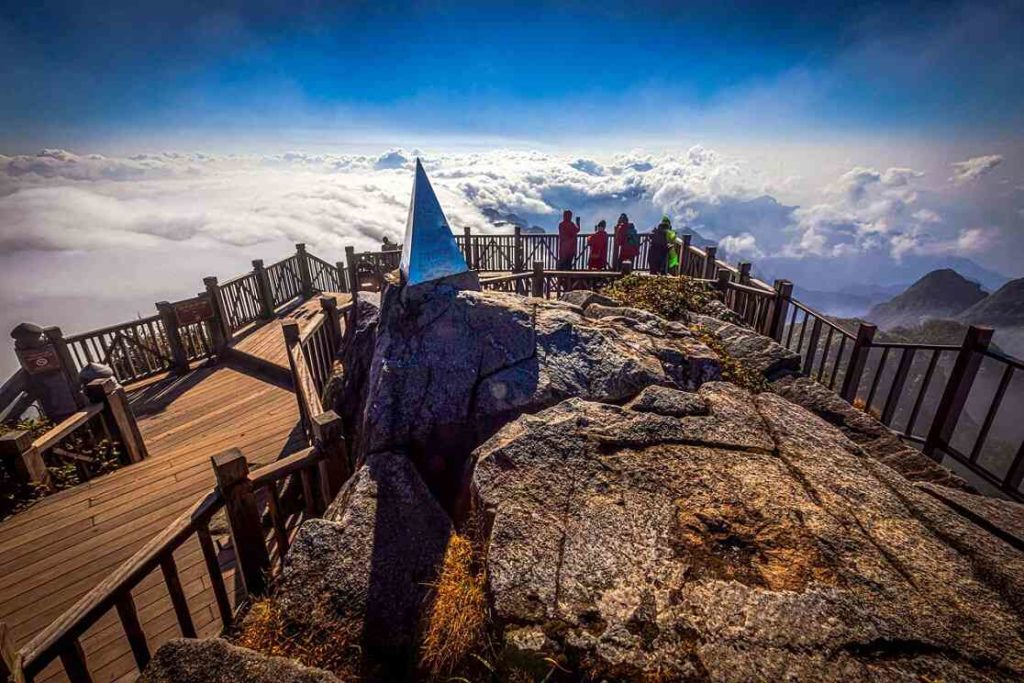
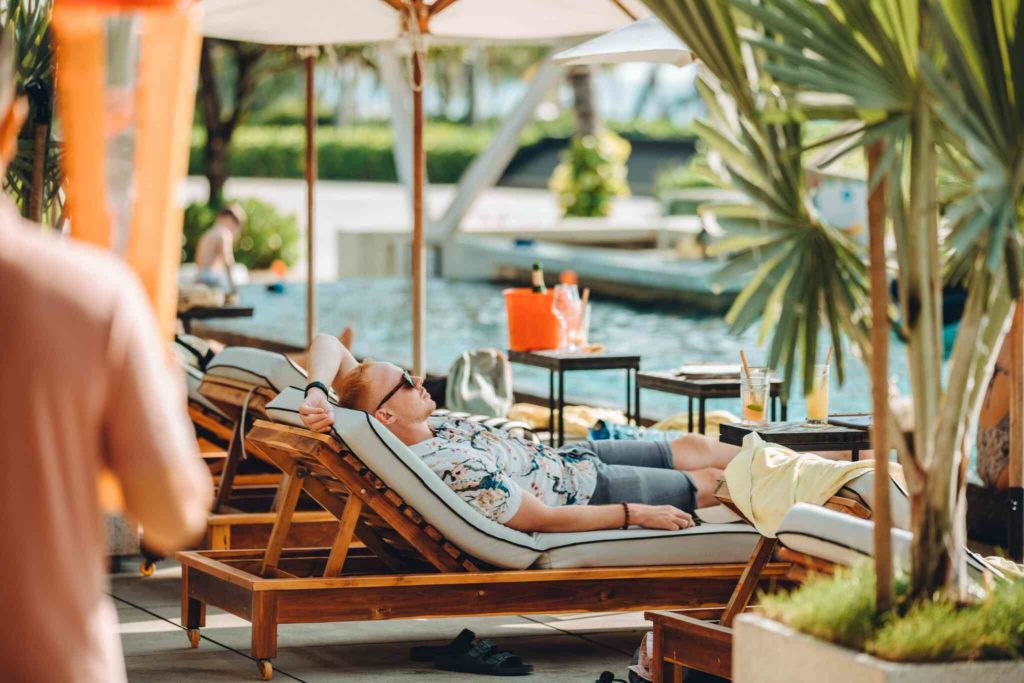
On average, around 14,000 Indian tourists came to Vietnam per month in 2019.
Since March, Vietnam has allowed quarantine-free entry and resumed its pre-pandemic visa policies under which Indians can apply for e-visas to enter Vietnam.
Vietnamese authorities are now issuing up to 6,000 visas a day to Indians, a 24-fold increase from pre-Covid times, said Pham Sanh Chau, the country’s ambassador in New Delhi.
Mini D Kumam, First Secretary of the Indian Embassy in Hanoi, said: “Some of my friends even plan to film TV series and documentaries in Ha Long Bay or Da Nang City, proving Vietnam has become one of most favorite tourist destinations for Indians.”
Rajeev Kale, representative of travel agency Thomas Cook from India, said that Vietnam was becoming an alternative tourist choice from Indian people post pandemic.
“After over two years of the pandemic crisis, Indian tourists are willing to switch to convenient and affordable short-distance destinations rather than choosing long-term tours or traditional destinations like before,” Kale said.
Several travel firms and airlines are making moves to better tap the Indian market of 1.4 billion people.
Budget airline Vietjet Air has announced the opening of nine new routes to three Indian cities from Hanoi, HCMC and Da Nang, raising the airline’s number of direct services to India to 17.
Nguyen Thi Le Thanh, director of the Khanh Hoa Department of Tourism, said 32 Indian firms visited the central province last week to seek tourism promotion opportunities.
However, Thanh also said they would need more time and better preparation so that the tourism industry can tap the Indian market effectively.
Phan Dinh Thao, general director of tour operator HTS International, which specializes in serving inbound tourists, said India was a potential tourism market for Vietnam post pandemic in the context of China, Vietnam’s largest source of visitors before Covid, still maintains strict travel restrictions.
Thao said Indian tourists often have special requirements in terms of cuisine. For instance, Hindus avoid eating pork and beef; therefore they need a restaurant that specializes in serving Indian cuisine but not all localities in Vietnam can do this.
“To meet Indian tourists’ culinary demand, restaurants and hotels in Vietnam need more time to prepare,” Thao said.
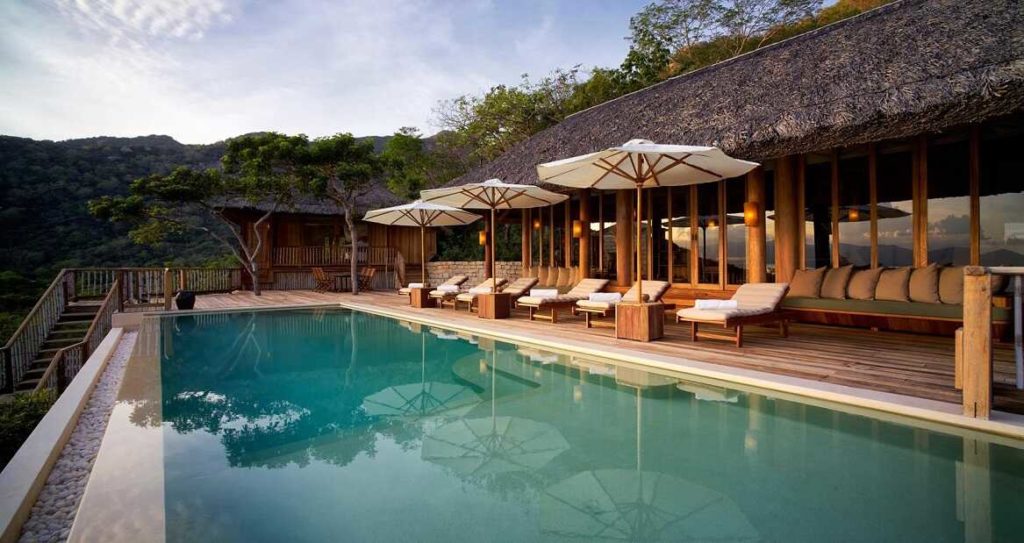
Some travel firms also said the tourism industry needs to offer training courses for tour guides so that they can better understand Indian culture, faiths, cuisine and other aspects. Currently, there are no tour guides experienced or specialized in serving Indian tourists, several tourism agencies said.
Indian Ambassador to Vietnam, Pranay Verma, said there were about 200,000 Indian visitors to Vietnam in 2019. “This was a modest number that is yet to show the full tourism potential of the two countries. If there are agreements or specific tourism cooperation arrangements, the number of Indian visitors to Vietnam will increase in the coming time,” he said.
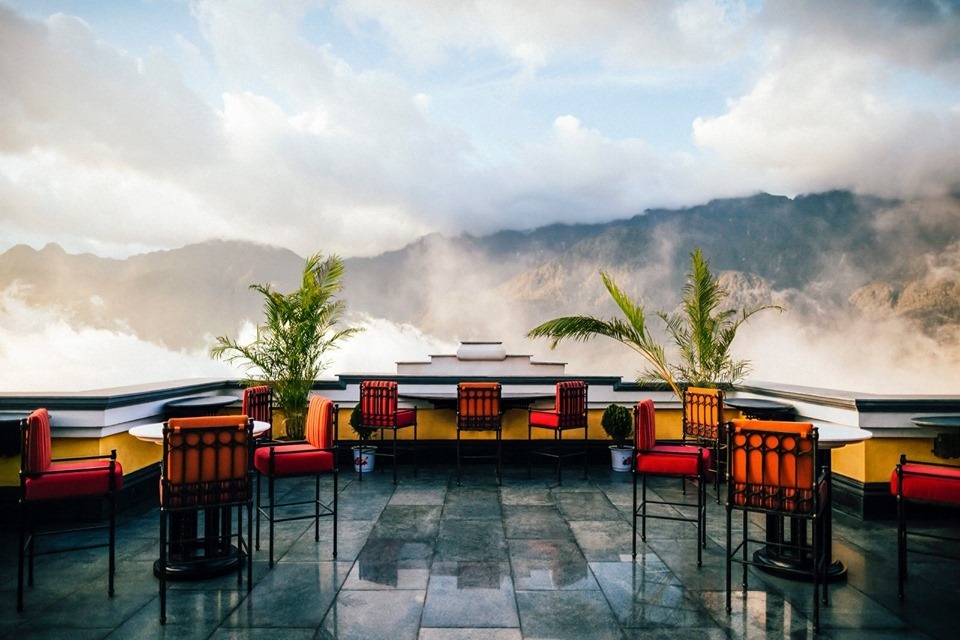
In the first seven months this year, Vietnam received 733,000 foreign arrivals, just 15 percent of this year’s target.
Earlier this month, Nguyen Van Hung, Minister of Culture, Sports and Tourism, proposed expanding visa exemption for tourists from the U.S., Europe, Canada, Australia, New Zealand and India to boost tourism recovery.
Source: vnexpress.net
You might also like :
















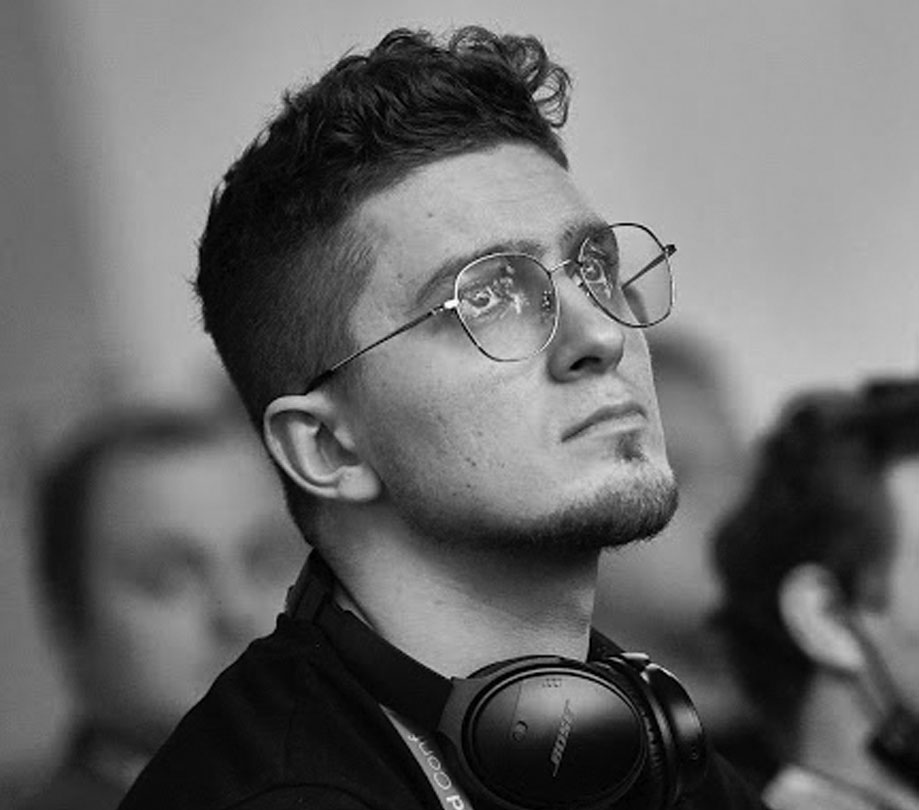




Discussion about this post